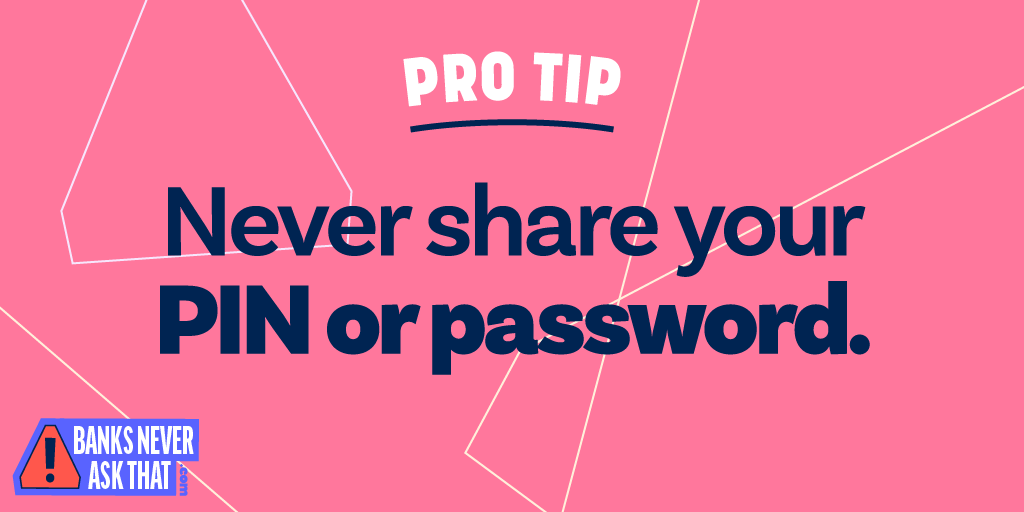The email seems urgent. Better respond now.
Wait, not so fast.
Words are misspelled. And that email doesn’t read like it’s there to help you. In fact, it seems threatening.
Trust your gut. If something seems amiss, it probably is.
Throughout the month of October, Regions Bank and banks across the nation are supporting the American Bankers Association’s #BanksNeverAskThat campaign to help keep customers safe.
In this quick, informative video, we provide four telltale signs of a fraudulent email.

Remember that banks won’t:
- Ask for your PIN, password or Social Security number via email.
- Use bad grammar, misspelled words or feature a blurry logo.
- Threaten you with account closure or use pushy tactics.
- Ask you to click an off-looking link.
You can learn more about spotting phishing campaigns and test your scam IQ by going to BanksNeverAskThat.com and select “Play Scam City.” The game is fun, and, in a matter of minutes you’ll be even better prepared to keep your money and personal information safe.
Because our shared goal is to help keep you safe. And the best way is through education.
“Phishing emails are getting better crafted with each new attempt at fraud,” said Jeff Taylor, head of Commercial Fraud Forensics at Regions Bank. “But following a simple, three-step process can help keep you safe. We call it stop, call, confirm. Stop what you are doing and review the email closely. Pick up the phone and call the source of the email at a number you know. Then, confirm the email is legitimate.”
Keep turning to Doing More Today throughout October for more tips and quick videos.
And, as always, you can find more information from us at regions.com.

The information presented is general in nature and should not be considered, legal, accounting or tax advice. Regions reminds its customers that they should be vigilant about fraud and security and that they are responsible for taking action to protect their computer systems. Fraud prevention requires a continuous review of your policies and practices, as the threat evolves daily. There is no guarantee that all fraudulent transactions will be prevented or that related financial losses will not occur. Visit regions.com/STOPFRAUD or speak with your Banker for further information on how you can help prevent fraud.